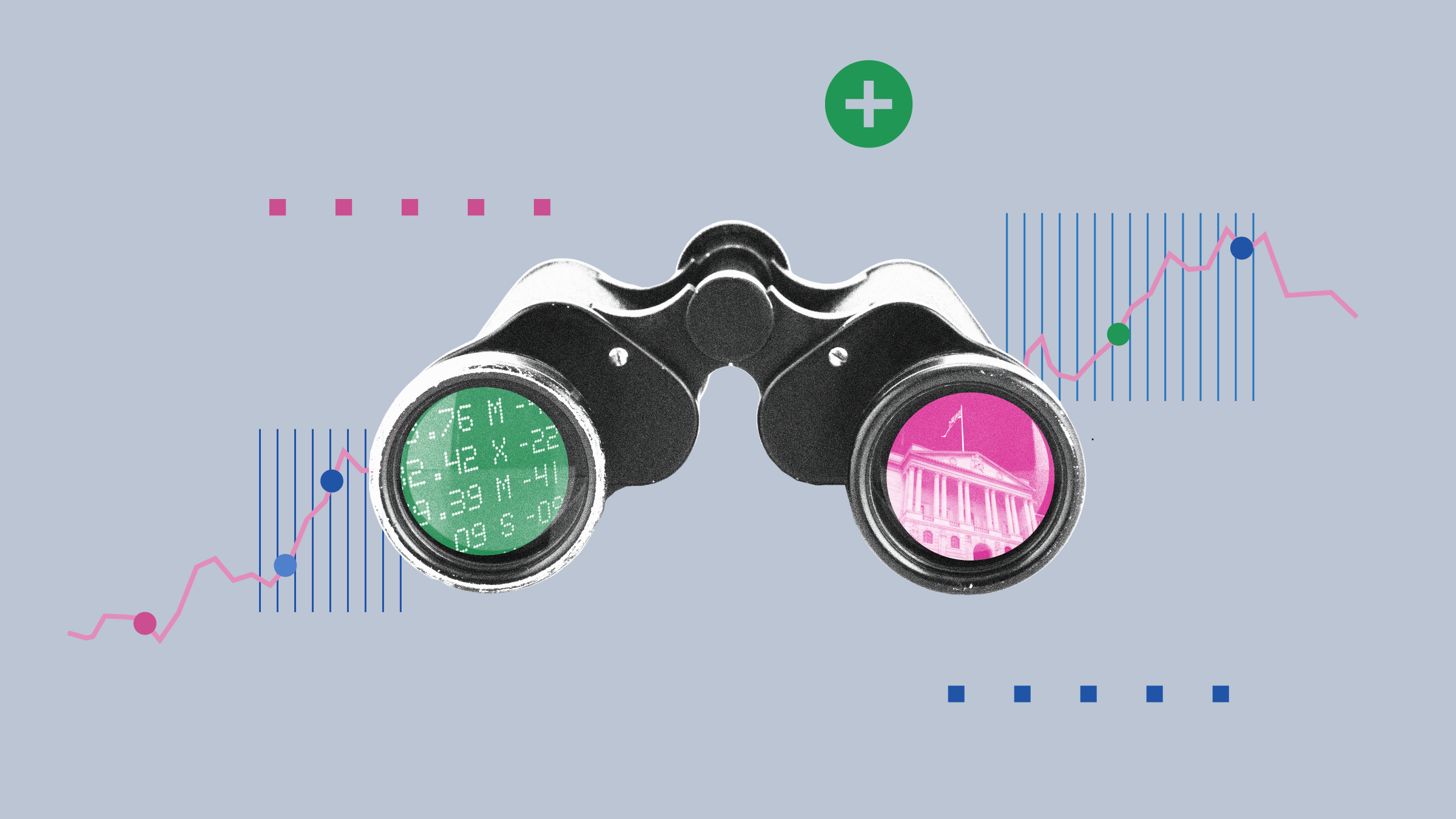Cobham's string of profit warnings continued with the announcement that the company will take a charge for project cost overruns, including on the KC-46 tanker programme. New CEO David Lockwood is expecting the firm's 2016 trading profit performance to be £225 million, below the £245 million mark that was set out on January 11, and also below our expectation of £231 million.
However, several adjustment factors such as business restructuring, currency derivative adjustments, amortisation of intangible assets, and goodwill impairments will drive reported operating profit in 2016 into negative territory. Although the external audit is ongoing, the management team announced the expected outcomes of a thorough closing balance sheet review, including major contracts and asset carrying values. Cobham will recognize a total noncash impairment of goodwill and intangible assets of £574 million pounds, mainly against assets of the Axell Wireless and Aeroflex acquisitions. At this stage, we are revising our fair value estimate of £1.64, and this could result in a significant reduction in our fair value estimate. We maintain our no-moat rating.
Cobham is the most technically advanced supplier and dominates the aerial refuelling systems market, including positions on each of the next-generation aerial refuelling tankers. However, at this stage there is significant uncertainty surrounding the outcome of the KC-46 tanker programme. After discussions with the customer on the commercial terms for the complex conformity and qualification phases of this contract, it became clear that the increased cost to complete the development schedule would fall largely on Cobham’s shoulders. As a result, the firm has taken a £150 million charge. The reduced profitability, which stems from the decreased recovery from customers of increased costs to complete fixed-price contracts, supports our no-moat rating for the firm.
Cobham’s balance sheet is not strong enough to properly support its operations, given the important role it plays in many customer programmes. Airplanes' economic life spans can amount to more than 25 years, and aircraft manufacturers prefer to team up with well-funded suppliers to guarantee good service over this period. We estimate the firm’s net debt at December 31, 2016, to be approximately £1 billion, resulting in net debt/EBITDA gearing ratio of close to 3.0 times at the same date. We expect management to give balance sheet guidance on March 2, 2017. As a strong balance sheet will be an important element of delivering medium-term growth, we are not ruling out another rights issue or asset disposals.





























